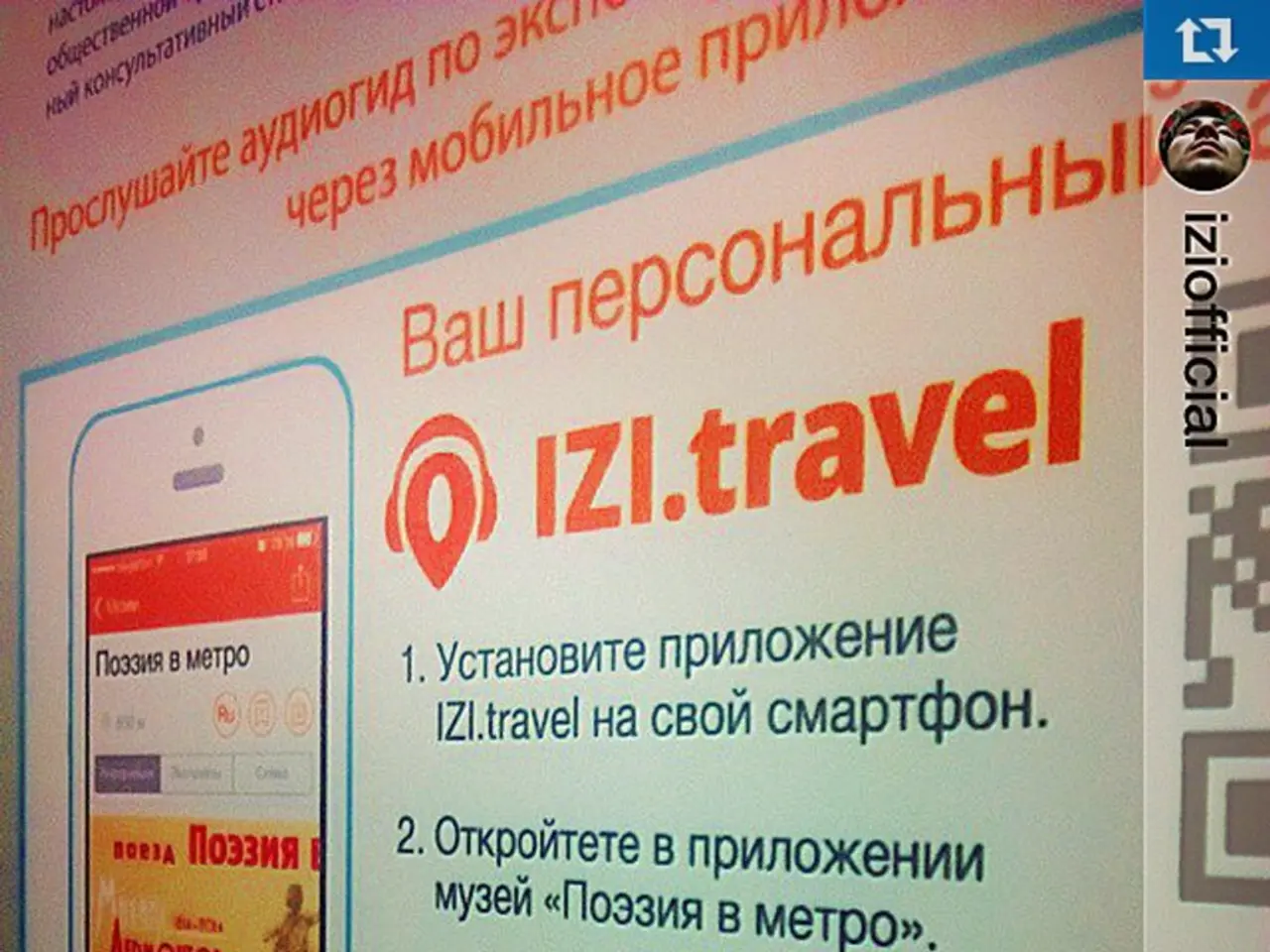Encrypted Identifiers Proposed by Raptive for Transparent and Secure Programmatic Transactions
In a pioneering move, Raptive announced a proposal on September 18, 2025, to tackle the persistent Transaction ID (TID) debate in the programmatic advertising landscape. This initiative, backed by major industry players like Google, Meta, The Trade Desk, and Magnite, aims to create a harmonious scenario between buy and sell sides.
The proposal, structured as a three-pronged solution, seeks to offset bid density lost from transaction IDs being accessible through mandatory multi-bidding stipulations. Raptive will facilitate TIDs on its inventory, providing short-term benefits and insights for buyers from 'one of the largest sellers of web inventory'.
Participating Demand-Side Platforms (DSPs) would gain enhanced supply chain visibility and reduced duplicate bidding inefficiencies. The bid transparency component mandates DSPs to share net bid price data for all TIDs they bid on with publishers. However, DSPs will only receive these decryption keys upon fulfilling specific prerequisites, such as implementing data feeds for TID-level bid price reconciliation and multi-bidding into publisher inventory.
The proposal's success hinges partly on demonstrating compliance with evolving privacy mandates. To address concerns raised during recent TID controversies, the proposal introduces controlled data sharing mechanisms. The encryption approach allays publisher worries about sensitive information leakage across bidstream participants.
The IAB Tech Lab would append a new 'etid' (encrypted TID) field to OpenRTB, offering guidance on encryption types and methods. This move is anticipated to simplify the integration of the new system into existing programmatic ecosystems.
However, the proposal faces substantial coordination hurdles. Mandatory multi-bidding stipulations could strain existing DSP architectures designed for single-bid submissions per auction opportunity. Additionally, the proposal necessitates server-side implementation and key management overhead for large publishers, which could prove challenging.
Early industry reactions suggest cautious interest in Raptive's balanced approach. The emphasis on mutual gain rather than zero-sum outcomes sets it apart from previous TID discussions. Regulatory scrutiny of programmatic advertising continues to intensify, with the Department of Justice's ongoing antitrust suit against Google over digital advertising practices and European privacy regulations like GDPR and the Digital Services Act potentially impacting encrypted identifier sharing.
Successful adoption would likely require extensive industry consultation and pilot testing across major publishers and DSPs. The proposal necessitates coordination between multiple industry bodies, including the IAB Tech Lab and Prebid.org, to ensure a smooth transition and widespread acceptance.
As the programmatic advertising terrain continues to evolve, the Raptive proposal represents a significant stride towards addressing long-standing issues and fostering a more transparent, secure, and beneficial ecosystem for all involved parties.
Read also:
- Tesla's Nevada workforce has escalated to a daily output of 1,000 Powerwall units.
- AI-Enhanced Battery-Swapping Station in Southeast Asia Officially Opens Its Doors
- Honda unveils blueprint for design, advanced driver assistance systems, electric vehicles, fuel efficiency, and technology development
- Rising Tesla Sales in China, Model Y Led the Pack in October Sales Figures








